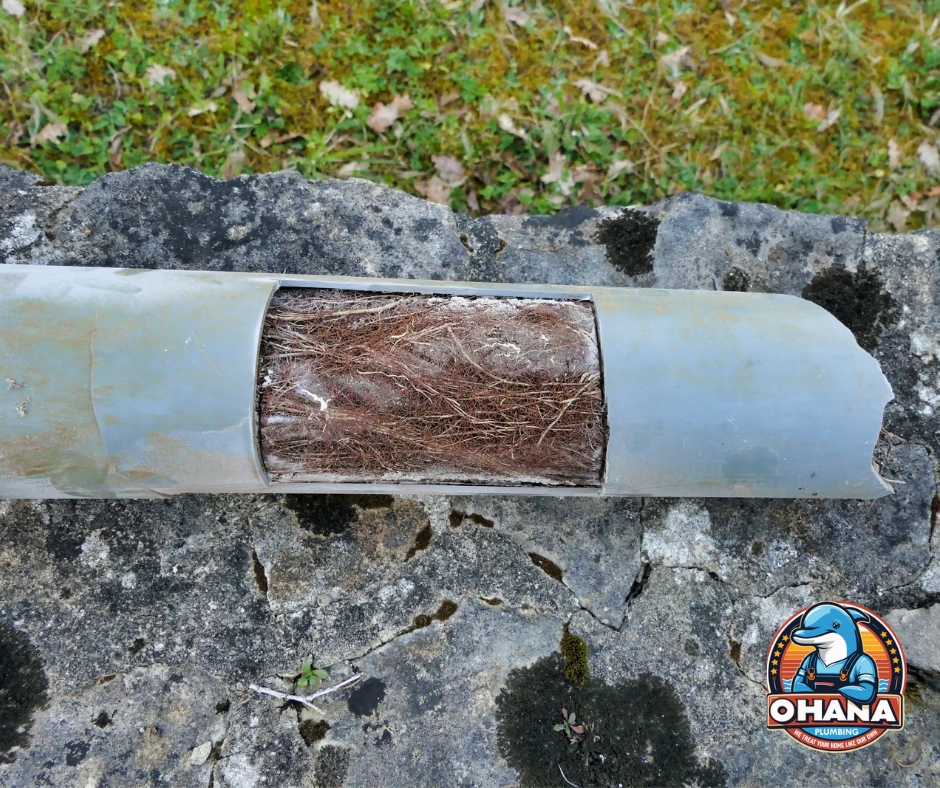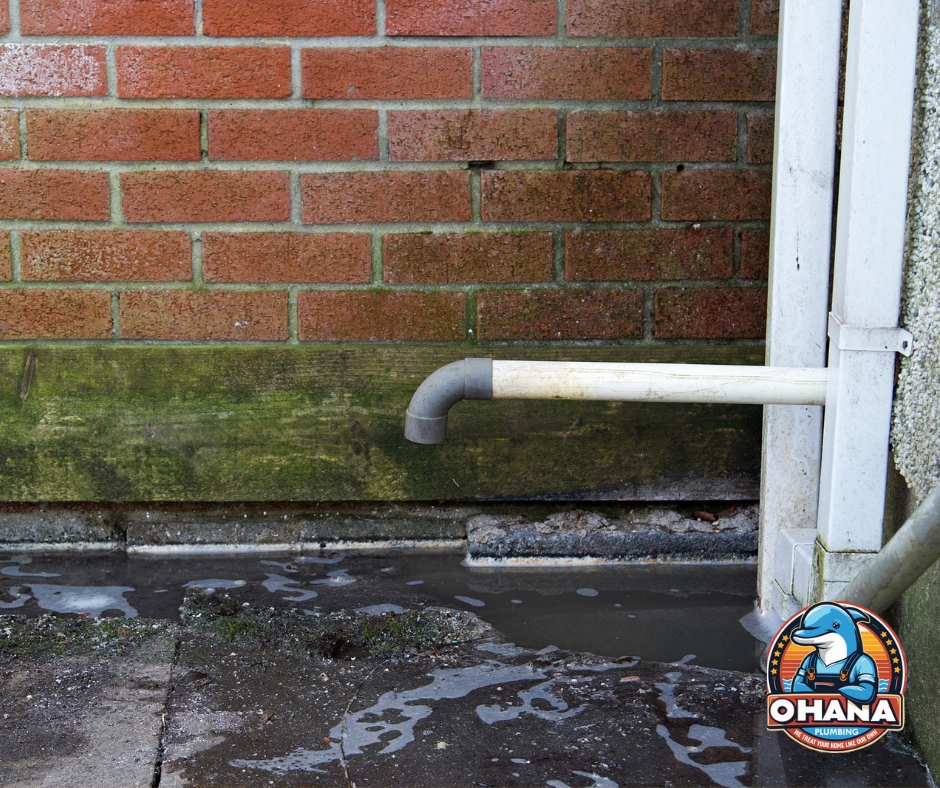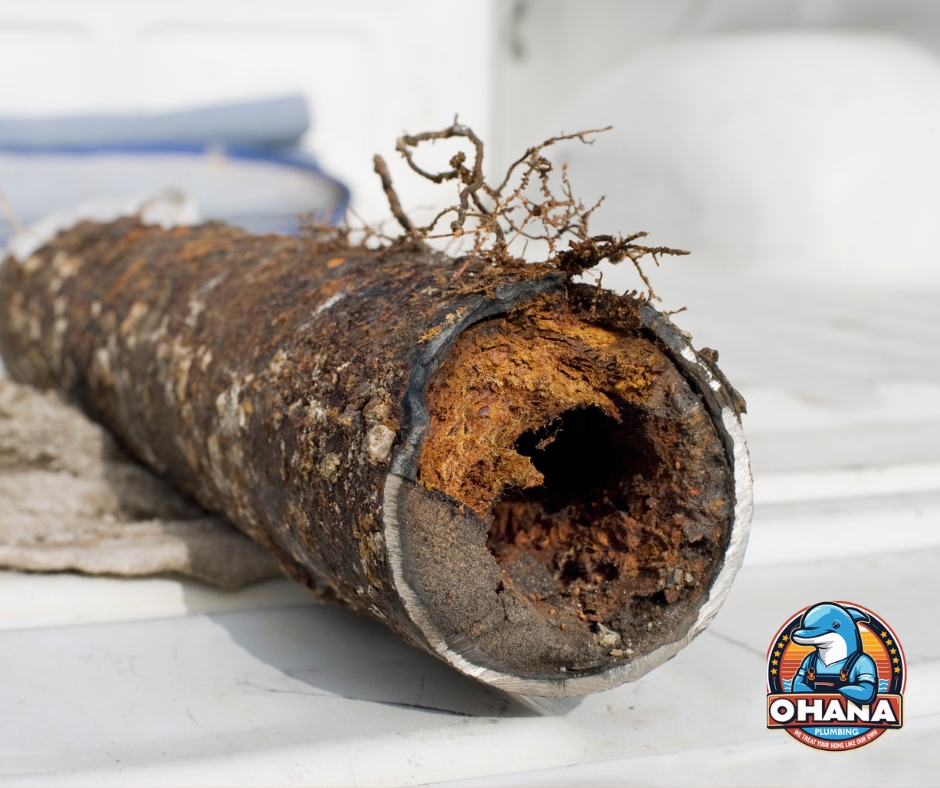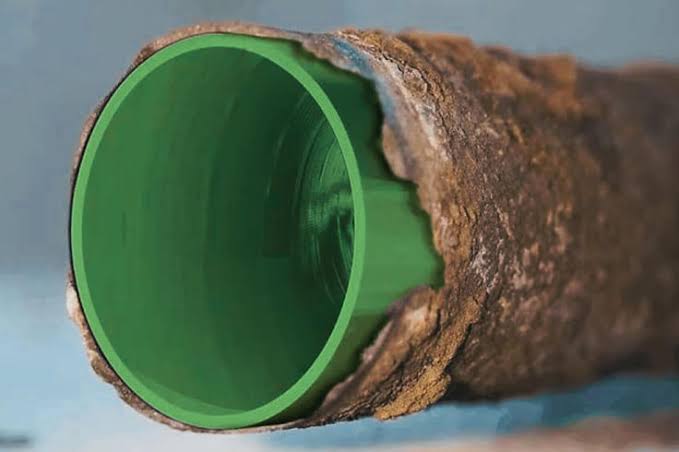Blocked drains are a common and frustrating issue for many homeowners. Whether it’s a slow drain in the kitchen, bathroom, or outside in the stormwater system, a blockage can disrupt your day and even lead to costly repairs if not handled quickly. At Ohana Plumbing, we know how crucial it is to get your drains flowing freely again. In this blog, we’ll dive into what causes blocked drains, how to fix them, and tips to prevent them from happening in the future.
What Causes Blocked Drains?
Blocked drains can occur for a variety of reasons, and understanding the cause is key to preventing further issues. Here are the most common culprits:
- Hair Build-Up: One of the leading causes of blocked bathroom drains. Hair can clump together, trapping soap scum, dirt, and other debris, leading to slow drainage or a complete blockage.
- Grease and Fat: In kitchens, grease, fat, and oils are often poured down the sink. Over time, they solidify and coat the inside of pipes, restricting water flow and causing blockages.
- Foreign Objects: Small objects like food particles, sanitary items, baby wipes, or children’s toys can easily get stuck in your drains, causing major blockages.
- Tree Roots: Outside, tree roots are known to invade underground pipes in search of water. This is a particularly common problem in older homes with clay pipes, where the joints provide an easy entry point for roots.
- Mineral Build-Up: Hard water, which contains a high concentration of minerals, can cause scale build-up in pipes, eventually leading to blockages.
- Soap Scum: Soap residue, especially when combined with hair or grease, can harden and create stubborn blockages in your drains.
Signs of a Blocked Drain
Not all blockages happen overnight. If you catch the early signs, you can address the issue before it becomes a serious problem:
- Slow Draining Water: If water is draining slower than usual from your sinks, shower, or bathtub, it could be a sign of a developing blockage.
- Unpleasant Odors: Blocked drains can cause foul smells as trapped food, waste, or other materials begin to decompose.
- Gurgling Sounds: When water struggles to pass through a blocked drain, it often creates a gurgling noise.
- Water Backing Up: In severe cases, blocked drains can cause water to back up into your sink, shower, or toilet, signaling a significant blockage.
How to Fix a Blocked Drain
Depending on the severity of the blockage, there are several ways to fix it. Here’s how you can tackle a blocked drain yourself:
- Plunger: A plunger can often dislodge minor blockages in sinks or toilets. Make sure there’s enough water to create a good seal and pump the plunger up and down firmly.
- Drain Snake: For deeper blockages, a drain snake (or plumbing auger) can help reach further into the pipes. It’s especially effective for pulling out hair clogs in bathroom drains.
- Baking Soda and Vinegar: A natural and eco-friendly solution to clear minor blockages. Pour half a cup of baking soda followed by half a cup of vinegar down the drain. Let it sit for 15 minutes, then flush with boiling water.
- Chemical Drain Cleaners: While chemical cleaners can provide a quick fix, they can also damage your pipes with repeated use, especially older pipes. At Ohana Plumbing, we recommend avoiding them and opting for safer solutions or professional help.
- Professional Drain Cleaning: If home remedies don’t work or the blockage is recurring, it’s time to call a plumber. Ohana Plumbing uses specialized tools and techniques, such as hydro jetting and CCTV drain inspections, to clear even the toughest blockages without causing further damage.
Preventing Blocked Drains
Prevention is the best way to avoid dealing with the hassle of blocked drains. Here are some tips to keep your drains flowing freely:
- Use Drain Covers: Install mesh screens over your drains to catch hair, food, and other debris before it enters the pipes.
- Dispose of Grease Properly: Never pour grease, fats, or oils down the sink. Instead, let them cool and dispose of them in the trash.
- Watch What You Flush: Only flush toilet paper and human waste down the toilet. Items like wipes, sanitary products, and diapers should be disposed of in the bin.
- Regular Maintenance: Scheduling regular drain cleaning with a professional plumber can help prevent serious blockages from forming.
Why Call Ohana Plumbing for Blocked Drains?
Blocked drains can escalate quickly, leading to unpleasant odors, water damage, and even structural issues. At Ohana Plumbing, we take a transparent, customer-first approach to ensure your plumbing system stays in top shape. With our experienced team and specialized tools, we can tackle any drain problem efficiently and prevent it from happening again.
Whether it’s a minor blockage or a major issue like tree roots in your pipes, we’re here to help. Contact Ohana Plumbing today for expert blocked drain solutions—we’ll clear the way for smooth, hassle-free drainage in your home.
Conclusion
Blocked drains are not only an inconvenience but can also cause significant damage if left untreated. Understanding the common causes, early signs, and solutions is essential to keeping your plumbing system in good health. If you’re dealing with a blocked drain or want to prevent one, Ohana Plumbing is just a phone call away. Let us handle the dirty work so you can enjoy a fully functioning plumbing system.









